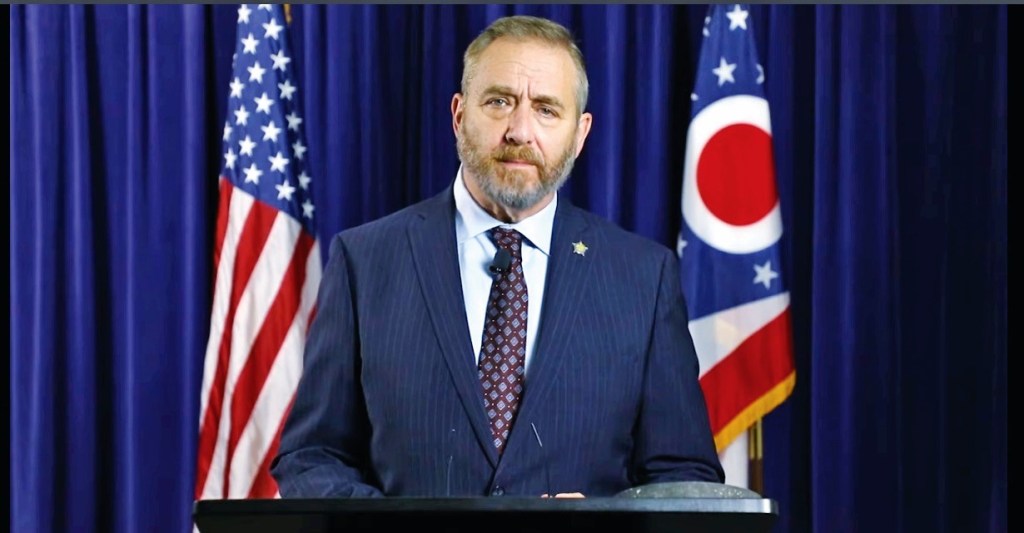State files to keep ban on foreign money in elections
Published 5:00 am Sunday, September 8, 2024

- Ohio Attorney General Dave Yost
(The Center Square) — Ohio Republican officials wasted little time responding to a federal court ruling that stopped a planned state ban on foreign money used on statewide ballot campaigns.
Secretary of State Frank LaRose and Attorney General Dave Yost quickly filed a motion to stay a weekend federal court ruling that stopped the law from taking effect Sunday.
“The judge indicated that most of the law is constitutionally enforceable, but he disagreed with applying the restriction to lawful permanent residents,” said LaRose. “We’re asking for the court to either stay the entire decision while the case is appealed or for the authority to at least enforce what the court considers to be the constitutional portions of the law.”
The original bill on the House floor did not include a ban on contributions from lawful permanent residents. However, Republican lawmakers added the provision as an amendment over the objection of Republicans.
It went on to easily pass both the Republican-majority House and Senate.
Ohio already bans contributions from foreign nationals to candidates or candidate committees. Also, Ohio voters passed a constitutional amendment two years ago that limited voter registration and voting to only U.S. citizens who are lawfully eligible residents of Ohio.
U.S. District Court Judge Michael Watson said the proposed foreign money ban on amendment campaigns violates the First Amendment rights of non-U.S. citizens living in the country legally.
He said in his ruling that if lawful permanent residents can serve in the military, they should be able to make political contributions.
“If the U.S. Federal Government trusts LPRs [lawful permanent residents] to put U.S. interests first in the military (of all places), how could this Court hold that it does not trust them to promote U.S. interests in their political spending? It cannot,” Watson wrote.
The same law extended the deadline for political parties to nominate a person for president during this election year. At the time, it allowed Democrats to nominate President Joe Biden without a virtual roll call.
Later, Biden dropped out of the race, and Democrats nominated Vice President Kamala Harris in a virtual roll call vote before the party convention last month.





